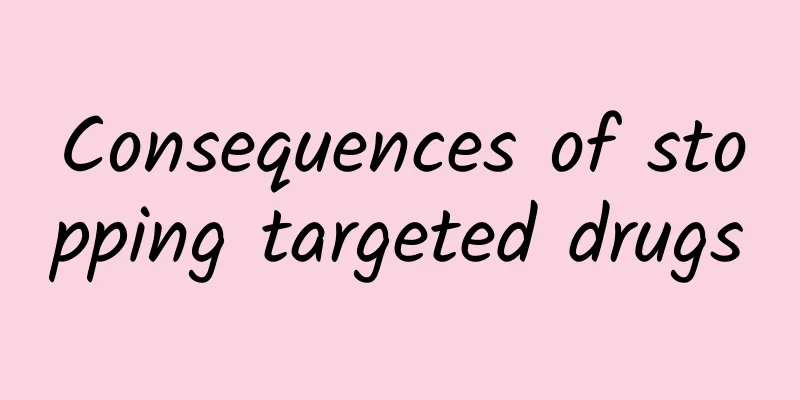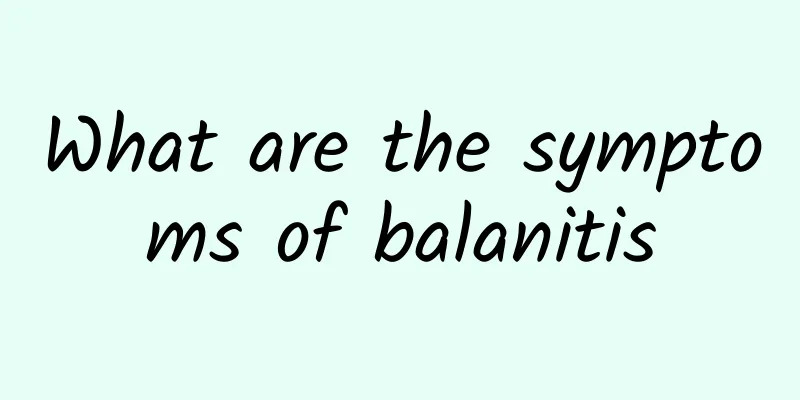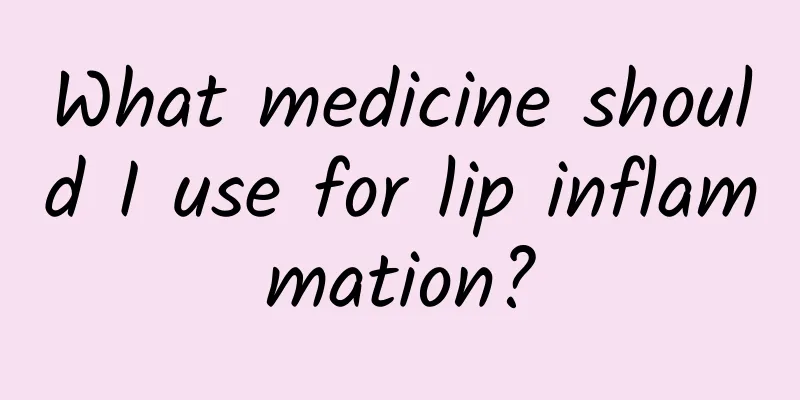Consequences of stopping targeted drugs

|
Cancer is a difficult problem that medicine is currently struggling to solve. The difficulty in treating cancer lies in the fact that cancer cells cannot be completely killed. Once there is a living cancer cell, it will gradually spread, thereby increasing the difficulty of treatment. Currently, the better drugs for treating cancer are targeted drugs, but the treatment of targeted drugs must be thorough and cannot be interrupted. What are the consequences of stopping the drug? Among the many targeted drugs, anti-angiogenic drugs, such as bevacizumab and various oral "XXtinibs" (sunitinib, lenvatinib, pazopanib, cabozantinib, apatinib, etc.) are mentioned the most times - when these drugs are used continuously, the blood vessels supplying the tumor are blocked, the tumor loses its "food" supply and is on the verge of death; but a desperate dog will jump over the wall, and a trapped beast will fight to the death. As long as there are still some cancer cells that have not died, once the drug is stopped for some reason, these vicious remnants will surely come back and take revenge. For some reason , withdrawing antiangiogenic drugs may lead to tumor rebound. Similar phenomena have indeed occurred in animal experiments and even in individual extreme clinical cases. But is this a coincidence or a universal law? Today, let Youyou share a large-scale data with you. This is a meta-analysis published in the top oncology journal JCO, which included cases from five large international multicenter, prospective, randomized controlled trials, all of which were patients with advanced cancer who received treatment with bevacizumab-containing regimens. There were a total of 4,205 cases (this number is not small, right?), including patients with breast cancer, colorectal cancer, kidney cancer, and pancreatic cancer (all common tumors). Since all of them are randomized controlled trials, naturally one group is treated with bevacizumab and the other is treated with placebo. If we count from the time of starting treatment , patients using bevacizumab have a longer survival period than those using placebo. The use of bevacizumab reduced the risk of death by 17%. After stopping the drug for some reason (such as intolerable side effects, disease progression, or the patient himself did not want to take it), the average time from discontinuation to death in the group that had used bevacizumab and the group that had been using placebo were 10.2 months and 9.3 months, respectively - that is, the survival period after discontinuation of bevacizumab was almost similar to that of the placebo group, and even seemed to be a little longer in terms of numbers. Judging from large-scale data, the rumor that tumors will rebound explosively and survival will be shortened after stopping bevacizumab does not support it. |
<<: What to do if targeted drug resistance occurs
>>: What are the side effects of targeted therapy?
Recommend
Why do I still have bad breath after brushing my teeth?
Many people have a doubt, thinking that they will...
How to cure allergic rhinitis
Rhinitis is a stubborn disease. Many people in ou...
Why do teeth become yellower?
White teeth often leave a deep impression on peop...
What is carotid pain?
If you experience pain in your carotid artery, yo...
Taboos of mulberry leaves
Xie Xin: Everyone has seen mulberry trees in life...
Contraindications of using Atractylodes macrocephala and Atractylodes macrocephala together
Scutellaria baicalensis and red peony root belong...
What are the dehumidifying and kidney-tonifying soups? Which soups can remove dampness?
Nowadays, many people have heavy dampness in thei...
Charcot-Marie-Tooth Disease
I don't know if you know about Charcot-Marie-...
There are meat granules protruding from the female urethra
The granules are small bumps that feel sour to th...
What causes shoulder pain and is shoulder pain serious?
Shoulder pain is a relatively common disease. Man...
What is cerebral infarction? How to treat it?
As we all know, cerebral infarction is a disease ...
Which part of the uterus is massaged
There are a lot of women suffering from uterine c...
What to do if you have double rows of teeth
For children, due to various reasons, they may gro...
Don’t be afraid of brown discharge during pregnancy
Problems are most likely to occur in the early st...
Why do my calves swell up after a day?
After a day's work, when you go to bed, you m...









